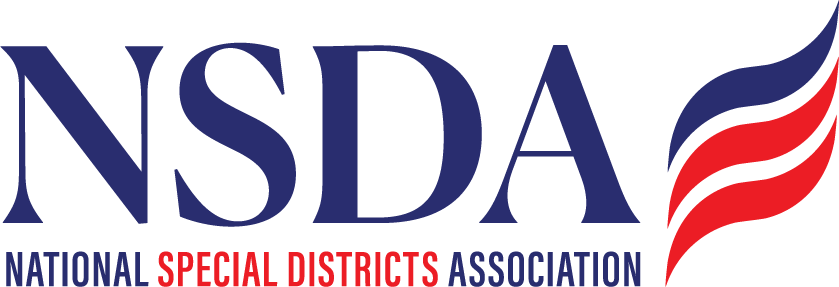NSDA highlights the importance of Mosquito, Disease, and Vector Control
The Critical Role of Mosquito, Vector & Disease Control Special Districts in the U.S.
Across the U.S., mosquito, vector, and disease control special districts play a vital—but often underappreciated—role in safeguarding public health. Although their structures vary widely—from county-run programs to independent special districts—they all share the core mission of managing mosquito populations to prevent disease spread and mitigate nuisance impacts.
Special districts like California’s Greater Los Angeles County Vector Control District exemplify how organized, dedicated agencies protect millions. Created under state law and functioning independently, the LA district covers over 1,000 square miles and serves around six million residents through disease surveillance, vector control operations, and community outreach.
These districts are crucial in combating both endemic and emergent threats. In many parts of the country, diseases like West Nile virus remain a persistent risk. Vector control strategies—including larval source reduction, targeted insecticide treatments, and advanced surveillance—help suppress outbreaks and maintain outdoor livability.
A study by Cornell highlighted a different aspect: in Florida, certain special mosquito districts receive significantly more funding and have more expertise than county-run counterparts—raising concerns about equity. When restricted to wealthier areas, such disparities can exacerbate public health inequities in underserved communities - Cornell Study
Innovation and public education further strengthen these districts. For example, Illinois’ North Shore Mosquito Abatement District, led by Mark Clifton, has integrated GIS technology and sustainable larval control to improve efficiency and ecological resilience. Recent Article on Illinois Districts
Meanwhile, Florida’s unique Disease Vector Education Center in St. Augustine—often called the “mosquito museum”—has drawn over 11,000 visitors in its first year. It creatively educates children and families about mosquito biology, diseases, and prevention in an engaging, museum-like environment.
From a public health planning standpoint, organizations like Association of State and Territorial Health Officials or ASTHO emphasize that these programs—whether run by special districts or local health departments—must be backed by reliable, sustained funding, strong legal authority, and science-driven integrated mosquito management strategies.
In summary, mosquito and vector control special districts are indispensable components of America’s public health fabric. They offer specialized, community-centered responses to vector threats—from data-driven control operations to public outreach and educational innovation. As climate shifts lengthen mosquito seasons and expand disease risks (including here in Colorado), the need for such robust, equitable, and scientifically grounded institutions has never been more urgent.
NSDA would like to thank Ryan Clausnitzer, CSDA, for his service as the MVP policy advisor, connecting us to Special Districts across the country and providing critical input into Congress on issues impacting Districts.
